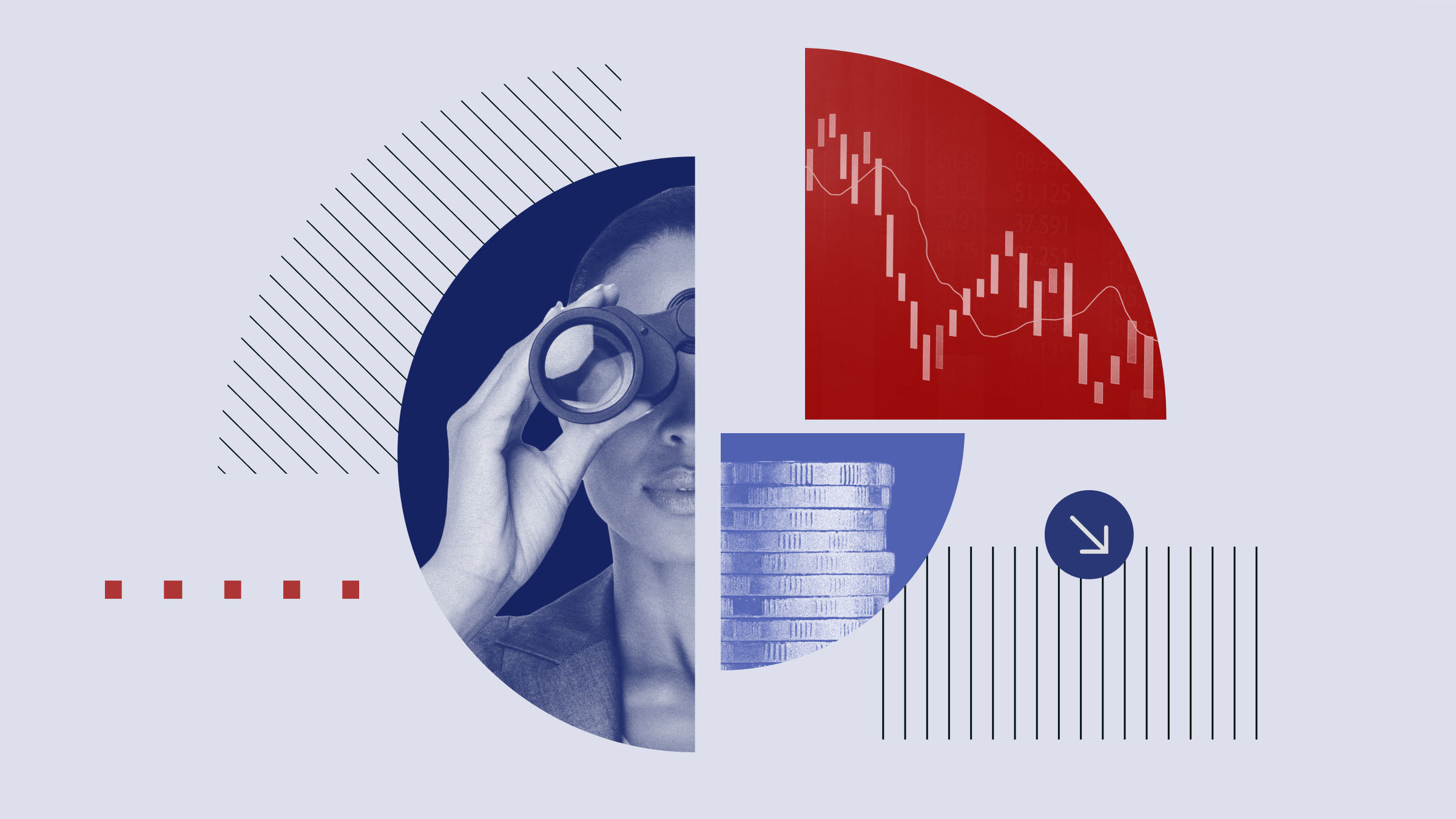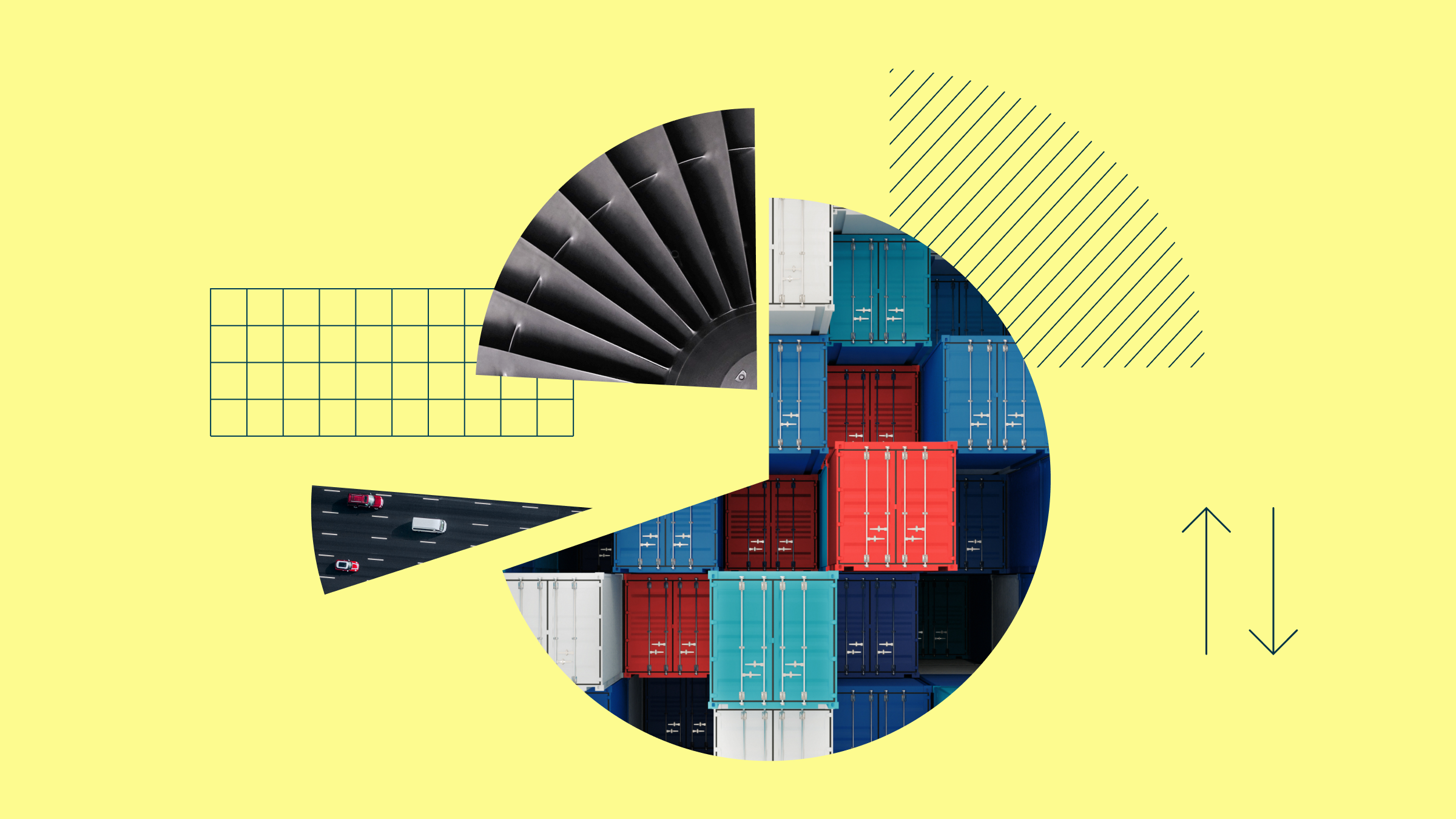Newton had the apple, Thaler had cashews.
Early in his career, Richard Thaler, this year's recipient of the Nobel Memorial Prize in Economic Sciences, realized that his guests would eat so many cashews with their predinner drinks that their appetites would get spoiled. Some suggested, half-jokingly, that he remove the temptation. This struck him, because that request violated standard economic theory. Eliminating options should displease the diners, not delight them.
As Thaler realized, though, sometimes less is more. Some choices, such as the predinner cashews, are too enticing. They lure us into making decisions that we later regret. Other choices overwhelm. Download a video player, and most of its operating options will be hidden. Those who wish can adjust the player's dynamic range, brightness, hue, saturation (whatever that is) and so forth, to match their personal tastes. Most do not wish. Who needs the hassle?
Twenty years later, Thaler put those observations to work when devising recommendations for employer-sponsored pension plans -- called 401(k) plans in the United States. Most companies offered too many funds -- and dangerous ones at that. They would place 15 or 20 funds (sometimes substantially more) in their lineups, several of which were specialized and volatile. The result was that some employees were too intimidated to start a plan, while others chased the highest and most-faddish of the performers. (Internet funds, anybody?)
For Thaler, there were too many options even before fund selection. Employees were asked to choose whether to enroll in a plan, or not. They were then asked at which rate they wished to contribute. Simple questions, to be sure, but nonetheless questions that prevented about 20% of workers from getting into a plan in the first place. So, why ask them? Why erect the barriers? Drop new employees into a 401(k) plan, in specified funds at a specified rate, and be done with the decisions. If those investors wish to make changes, they can. As with the video player, most will not.
Such has been the case. Automated-enrollment programs and their successors, auto-escalation features (which gradually increase the employee's contribution rate), have been smash successes, helping pension programs increase their reach and boost employee balances. In explaining its decision to award Thaler its 2017 prize, the Nobel committee mentioned, among other items, the practical effect that his work has had on 401(k) plans.
Dumb in, smart out
Of course, there is much more to Thaler's research than cashews and pension accounts. But the anecdote reveals the essentials. It illustrates how Thaler, in his own words, studies "the dumb stuff." Other economists can tackle the hard things. What model best explains stock behaviour? How to price options? What effect does money supply have on inflation? Thaler finds his material elsewhere.
Why are people content to pay $10 for a beer at a sports stadium, where they have no other place to shop, but angry if charged that amount at a remote convenience store, where they have no other place to shop? Why will you refuse to pay $12 for a University of Chicago mug, but then refuse to sell it at that price after Thaler gives you one? Why do NFL teams overvalue high draft picks? Every day, we encounter puzzles that standard economics cannot explain. Thaler has a gift for spotting those puzzles and then determining which economics precepts they test.
Related to that gift is his sociability. His cashew observation was a cocktail observation. Thaler is the rare (only?) economist with whom you would happily mingle over drinks. (All right, perhaps you would happily mingle with other economists, but would your spouse?) He will talk to anybody, at length. (A few years back, one of my co-workers was seated next to him on a flight to Phoenix. She never had such an amiable and engaging flight companion.)
Traditional economists don't see any advantage to such interactions, and perhaps even a flaw. Thaler's former co-worker (and Nobel recipient) Merton Miller famously called stories about people's mistakes "almost irrelevant to finance." The danger with such stories, Miller wrote, is that "they may be too interesting and thereby distract us from the pervasive market forces that should be our principal concern."
I never met the man, but I suspect that he wasn't much fun at parties.
Spreading the word
Related, in turn, to Thaler's sociability is his ability to deliver his message. He is good with words. He speaks well. He writes well. He cultivates reporters. He entertains politicians. He convinces. When David Cameron was the UK's Prime Minister, he met with Thaler, was taken with his ideas, and established a team to implement some of Thaler's suggestions in that country's retirement system.
Thaler is among the few (although not only) to establish a public profile before receiving his prize. He has written several books for the general marketplace, as opposed to academia, including the influential Nudge, co-authored by law professor Cass Sunstein. That 2008 publication impressed the incoming U.S. President, who brought Sunstein into his administration and conversed with Thaler as an adviser.
From Thaler's perspective, ideas alone are not enough. To be sure, he has had plenty of them, and important ones, too. He developed the widely used concept of mental accounting -- financial "buckets," wherein people segregate their accounts and consider them individually, rather than as a collective whole. (Thereby, once again, reducing the number of decisions that they must make.) He showed economists how perceptions of fairness affect negotiations. He advanced the concept of "libertarian paternalism" by encouraging organizations to "nudge" their customers.
But those concepts are moot unless they are applied. Thaler's research object is people: what they do, why they do it, and what if anything can be done to improve their outcome. To conduct his research properly, he must know people as best as he can -- and influence those very same people so that they implement his ideas. Economists are commonly regarded as bloodless creatures, detached from the rest of us. This economist is not. He requires people. He is the people's economist.















